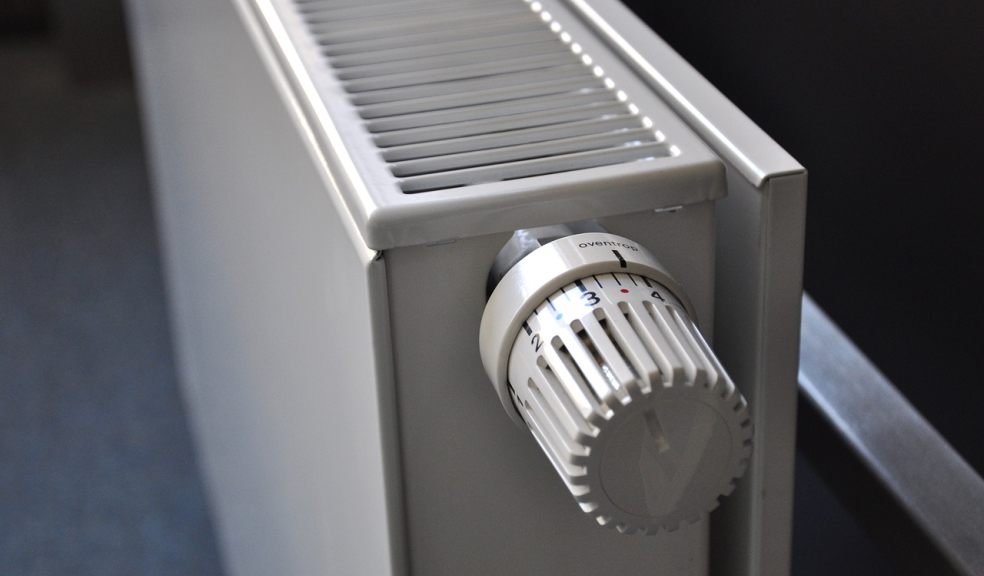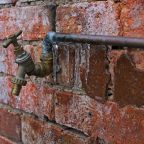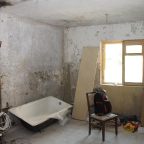
3 Ways to Reduce Your Heating Bills this Winter
With energy bills having soared in the UK through 2022 as inflation soared and Russia’s invasion of Ukraine sent wholesale gas costs through the roof, government intervention was finally unveiled on October 1st.
While this limited energy bill rises to just 7% overall, families in poorly insulated homes have continued to face huge increases through the winter months.
The question that remains, of course, is what steps can you take to keep your home heated while reducing bills this winter? Here are some ideas to keep in mind:
#1. Insulate Your Home
This should be your first port of call when looking to reduce heating bills, as insulating the walls and loft in your property is relatively affordable and can be completed relatively quickly.
This can also reduce your household’s carbon emissions over time, by ensuring that heat remains in the property during the winter and your annual energy consumption is diminished.
You’ll need to start with the walls when insulating your home, as it’s through these that approximately one-third of all heat is lost in uninsulated, residential properties.
Just note that cavity walls will need to be insulated by a qualified professional, who will have to inject insulation material into the relevant cavity through holes that have been strategically drilled into exterior walls.
#2. Improve and Upgrade Your Heating System
If you have an old or inefficient boiler, this could also be contributing to increased heating bills and the gradual loss of energy from your home.
So, it may be worth upgrading your existing system and installing a brand-new boiler, as while this may require an initial outlay of thousands, it can also help you to recoup this money over an extended period of time.
Remember, today’s contemporary boilers come with extended warranties of 10 years or more, providing you with genuine peace of mind as you look to cut your heating bills safely and responsibly.
Just note that you’ll also need to hire an expert to install your new plumbing and heating system, as this will ensure a new boiler and pipework is installed safely and with a view to achieving the best possible results.
#3. Consider Draught Proofing and Bleeding Radiators
There are also small steps that you can take individually to improve your home’s energy efficiency, without the need to seek out expert advice or a qualified plumber.
The first of these is draught proofing, which is key if you’re going to eliminate the energy lost through gaps around windows and doors. It’s thought that up to 30% of all energy is lost through such spaces, so reapplying sealant around windows and plugging the gaps beneath doors can be highly effective.
Another effective and simple measure is to bleed radiators, with this requiring you to loosen valves and release any excess water and air that may be trapped.
This can build over time, so releasing it and bleeding the radiators in your home can improve heating efficiency without causing you to dial up the thermostat on a regular basis!













